Hua Xu Boutique Hotel
Z+H Renhai Design transformed three residential buildings in Suzhou’s ancient city into a boutique hotel with a layout inspired by traditional Jiangnan-style houses, integrating elements like water canals and light and shadow.
Designer Zhang Haihua has completed a boutique hotel project in the ancient city district of Suzhou, transforming three existing residential buildings into a courtyard building whose layout is inspired by the region’s traditional Jiangnan-style houses.
This commission presented an exciting opportunity for Zhang, who was born and raised in Suzhou himself, as it offered the chance to develop a contemporary aesthetic for a hotel located within the ancient city and its strong sense of place, and to contemplate the special meaning of this type of project in a unique spatial, social, and historical context.
Chapter I Traversing by Water
When looking at a map of Suzhou, its unique urban layout becomes evident – water interweaves ubiquitously throughout the city, its canals providing an added layer of urban circulation: people here can either walk the streets or traverse the city by boat.
Boating on canals, as an important mode of transportation in ancient Suzhou, served as a key frame of reference for the design of the hotel.
Zhang has provided for an informal lounge space to one side of the lobby area, at a slightly lower level than the main floor. In doing so, it recalls the traditional height one would have when observing the city by boat, while creating an intimate relationship with the external courtyard landscape.
Taking the concept of a viewpoint from a boat and applying it to the courtyard space, Zhang has created a miniature landscape which metaphorically references the natural elements of the Taihu Lake Basin, as described by ancient writers.
Chapter II Alleyway Light and Shadow
Because Hua Xu boutique hotel is located in a historical district, the exterior of the building has been strictly controlled to comply with planning guidelines – grey and white tones have been used to synchronize with the traditional palette of Suzhou architecture, while also augmenting the contrast between light and shadow, and interior and exterior.
A covered patio area has been incorporated which serves as a transition space between the courtyard and the main space of the hotel. The deep eaves effectively frame the space, integrating the sky, the earth, the architecture, and the people who inhabit it.
Throughout the public spaces in Hua Xu boutique hotel, Zhang has taken inspiration from the tall, narrow alleyways of Suzhou’s ancient city. Their dramatic scale has left a strong impression in his memory, with their bold shadows and filtered light. So, he has reinterpreted aspects of their proportions and visual impact here in the hotel.
The courtyard slate tiles extend to the edge of the reflecting pool and then around the hotel, where a narrow passageway leads to a side entrance. Here, the ancient historical walls of the neighboring buildings are brought within touching distance, their mottled, tactile texture contrasting with the new white walls of the hotel. Different eras of time and space are brought together, the new and the old eloquently echoing one another.
Chapter III Renewing Jiangnan Culture
In Zhang’s view, Jiangnan architecture is unique in the way it effortlessly connects interior spaces to the surrounding nature, and achieves an elegant unity in function, spirit, time, and use. He wanted to capture not simply the scale and materiality of the original architecture, but the special atmosphere of the ancient city, with its long shadows, narrow alleys, and an uncanny sense of traveling back in time.
The Hua Xu boutique hotel has been conceived with a series of metaphors in mind which have served as guiding principles for its design: at one level, the project represents the relationship between Suzhou’s people and the ancient city, while the inner courtyard expresses the link between the city and the local mountains and forests. This in turn serves to evoke the relationship between man and nature in the context of Jiangnan culture, in a spirit of awe and respect for the natural world.
Through the imaginative use of contemporary materials, techniques, and furnishings, the space undergoes a kind of alchemical transformation where the area surrounding the hotel is encapsulated in microcosm. For Zhang, Hua Xu boutique hotel represents a spatial experiment, where he set out to infuse the original spirit of traditional Jiangnan culture within a design that belongs to guests of the modern era, creating a new sense of place from the city’s ancient roots.
Design: Z+H Renhai Design
Design Team: Zhang Haihua, Wang Xiao, Sun Huihui
Photography: Cai Yunpu

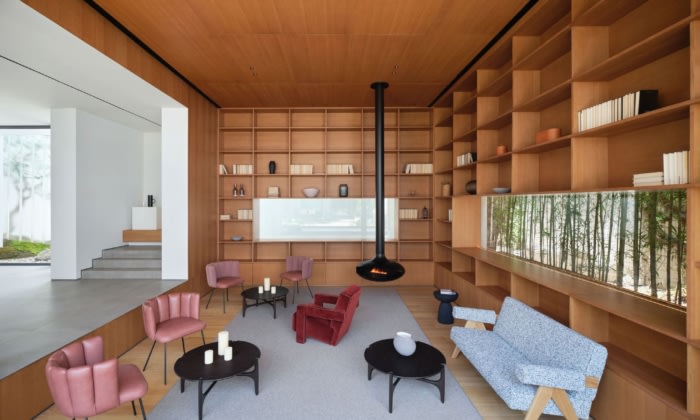
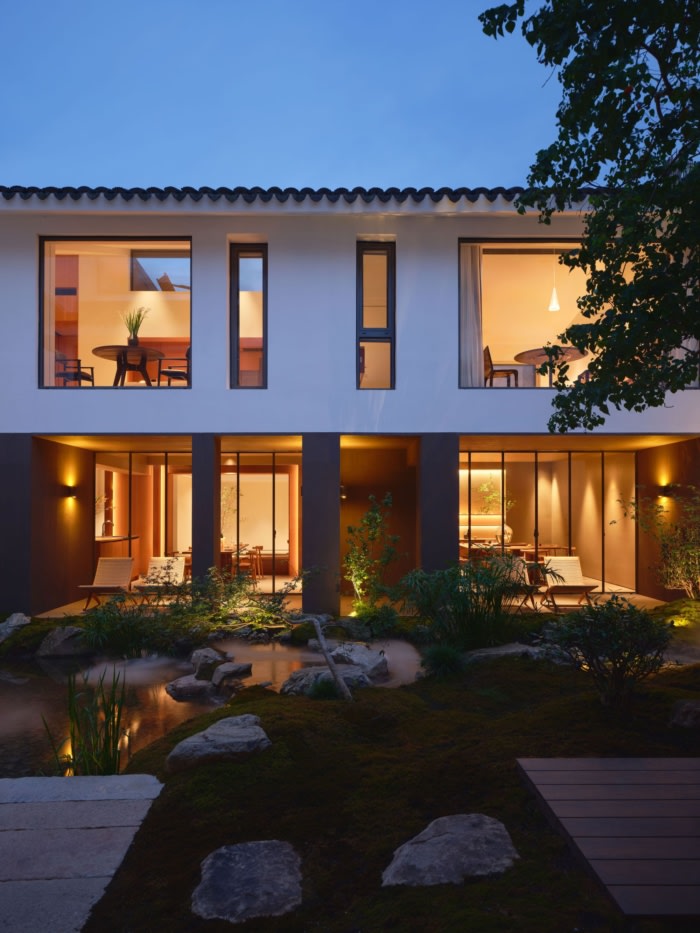
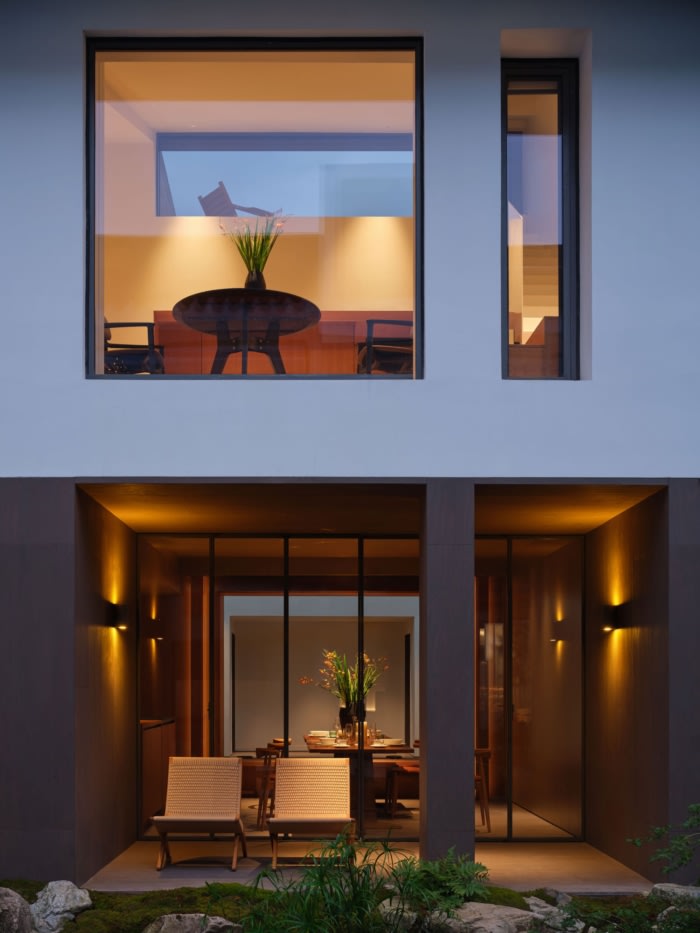
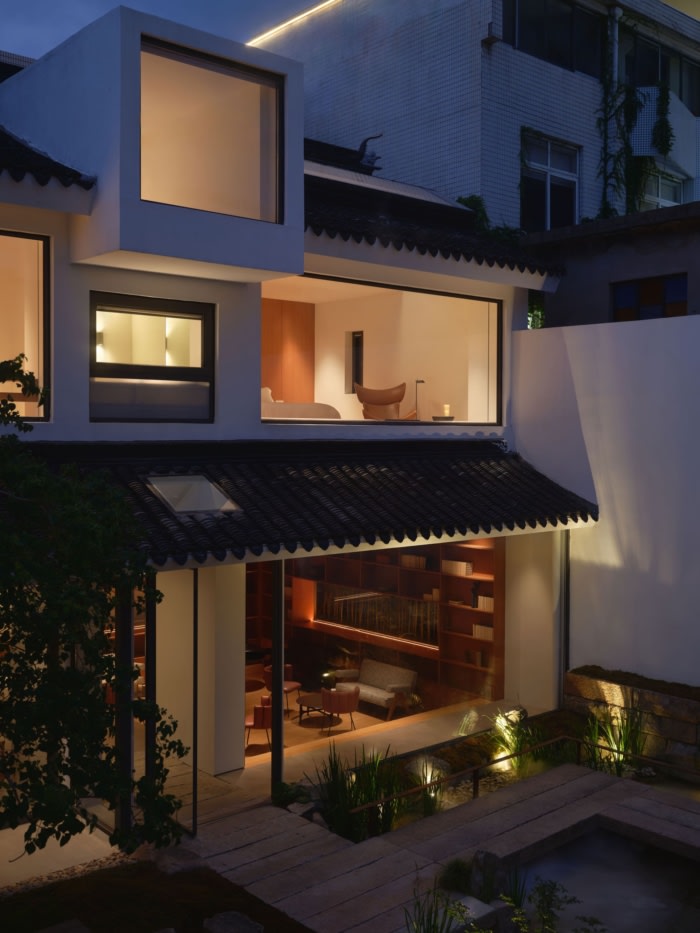
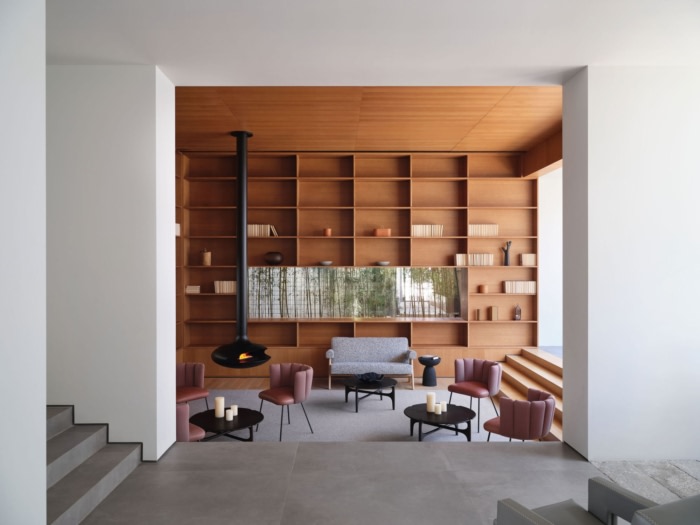
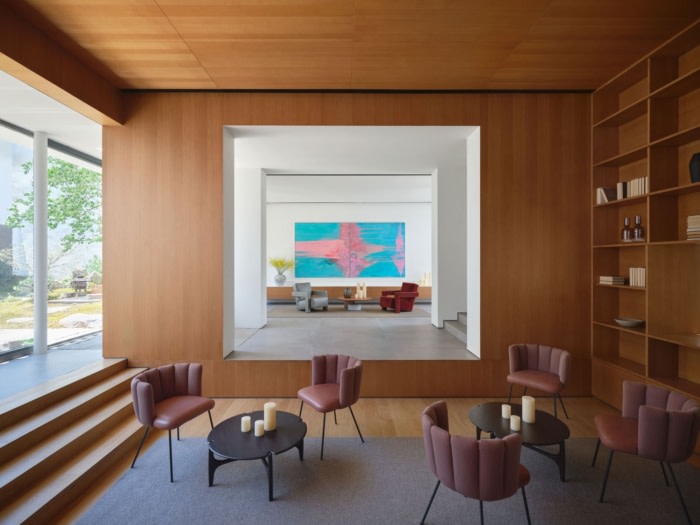
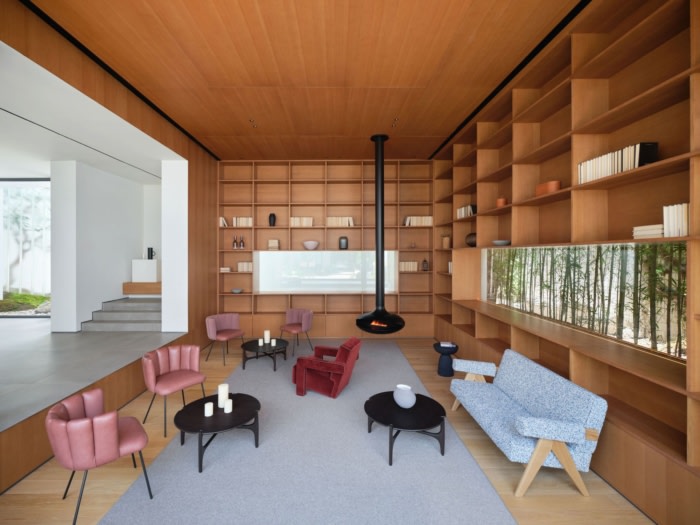
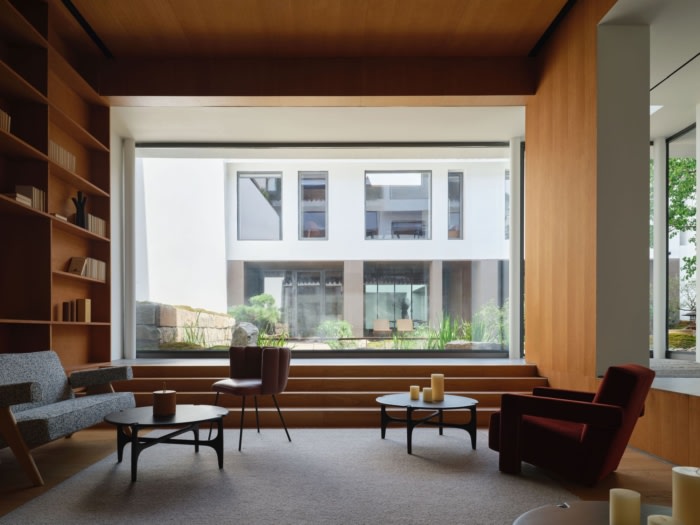
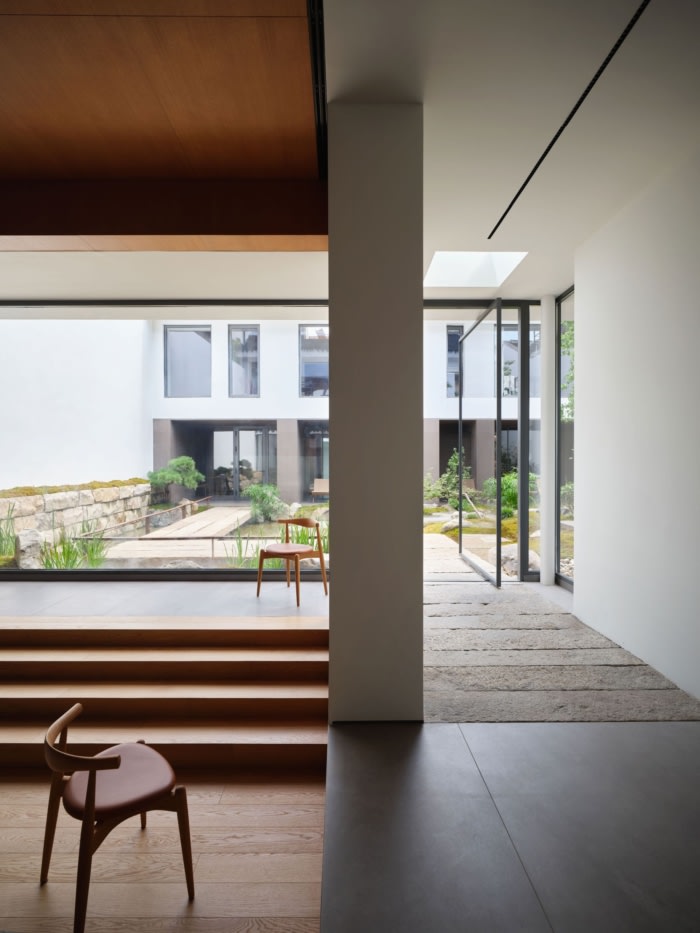
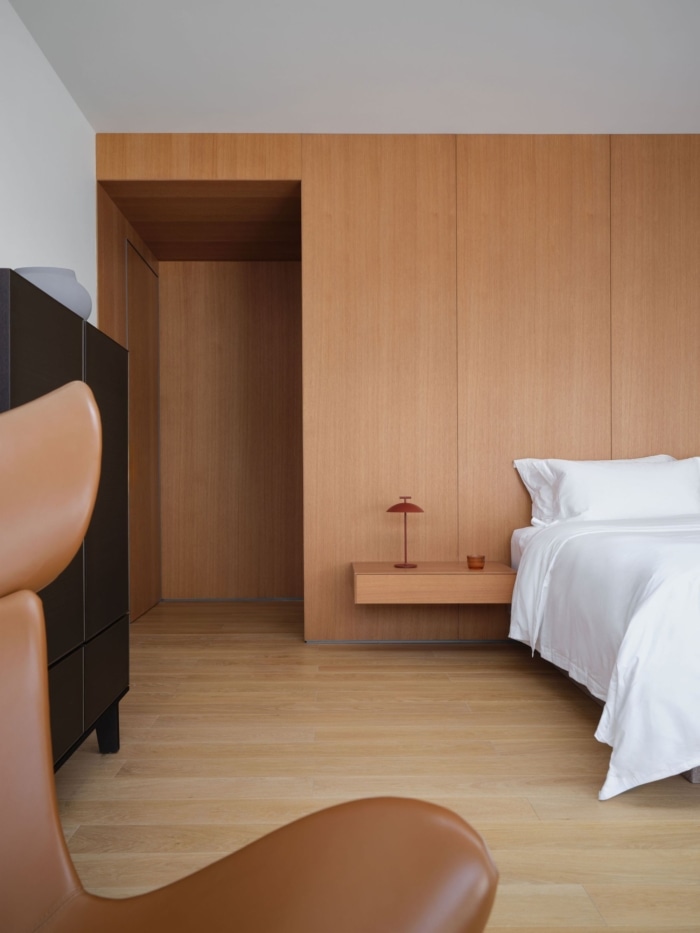
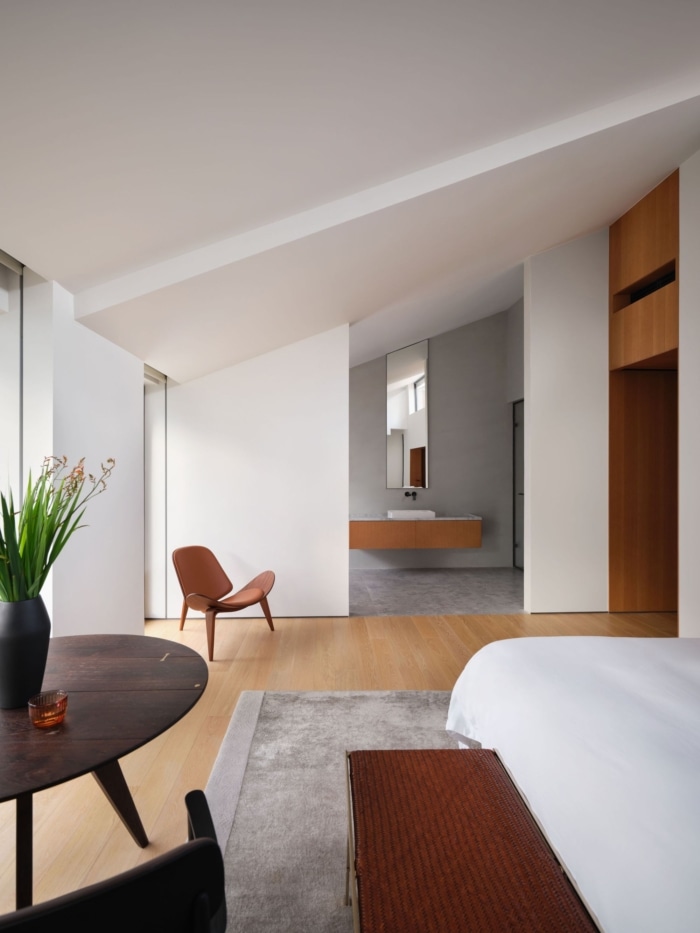
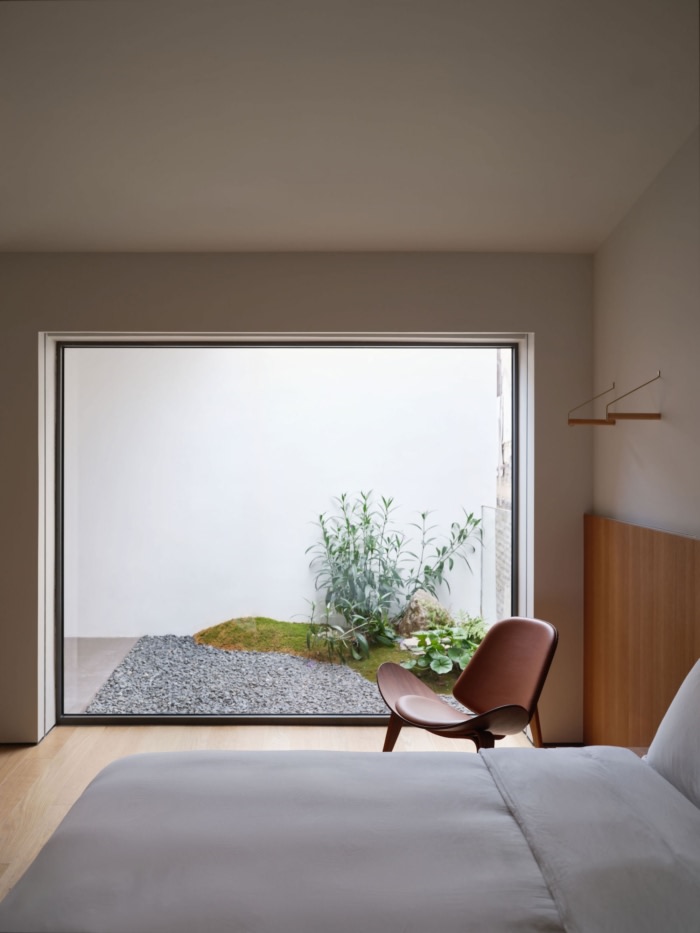
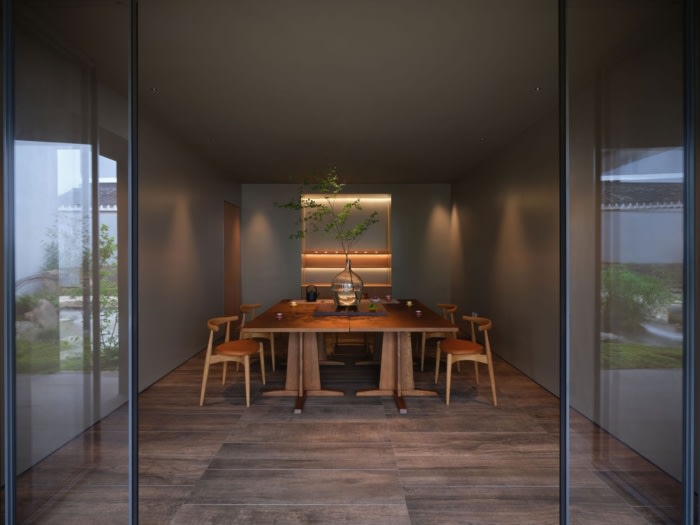
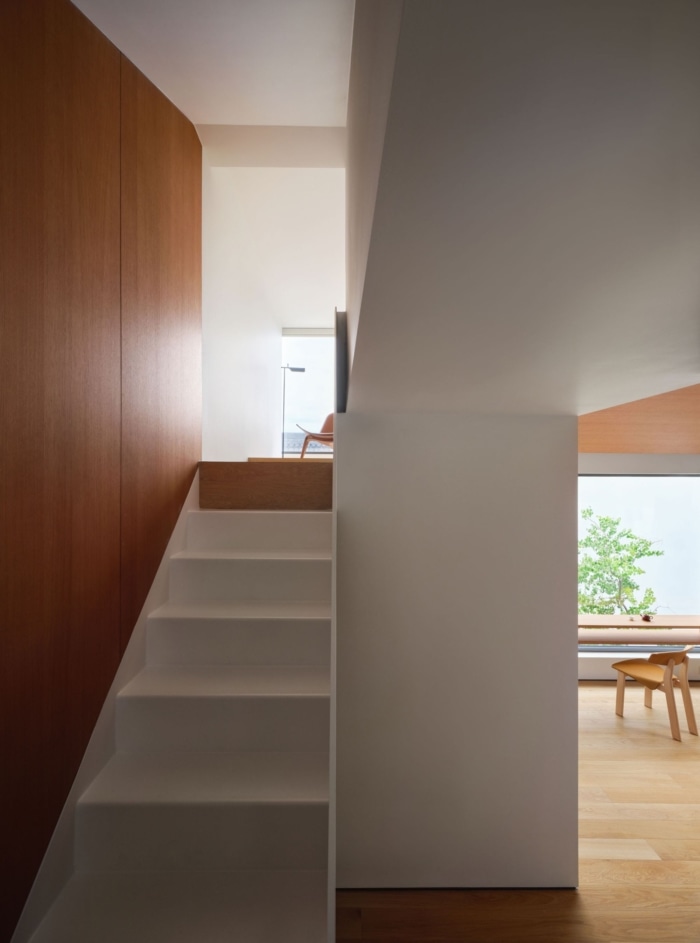
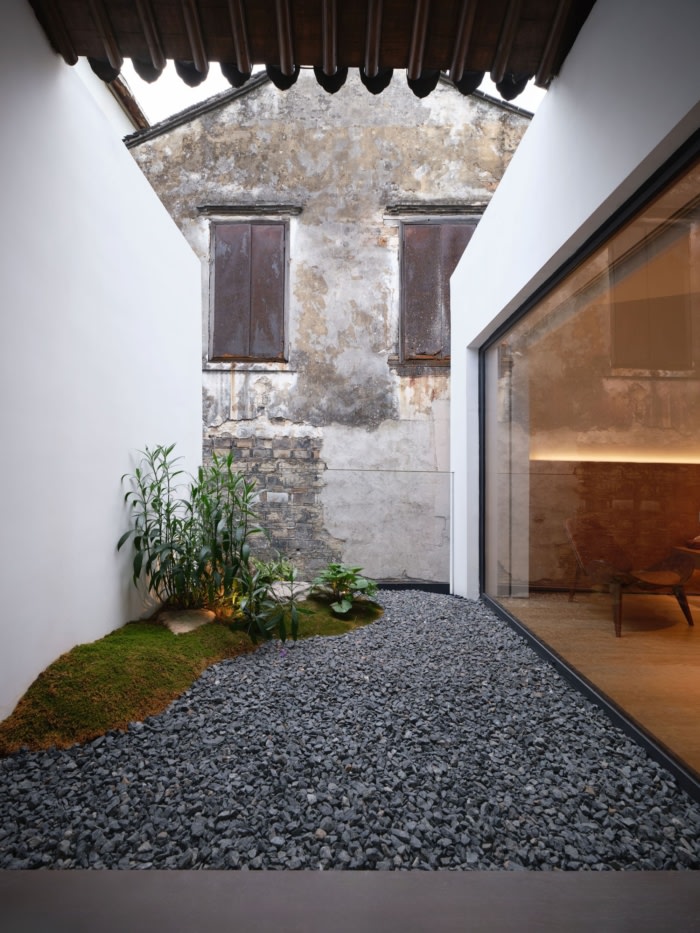
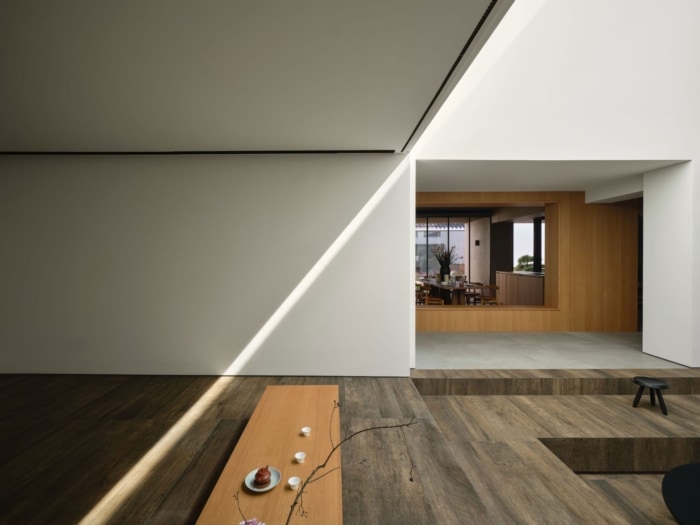
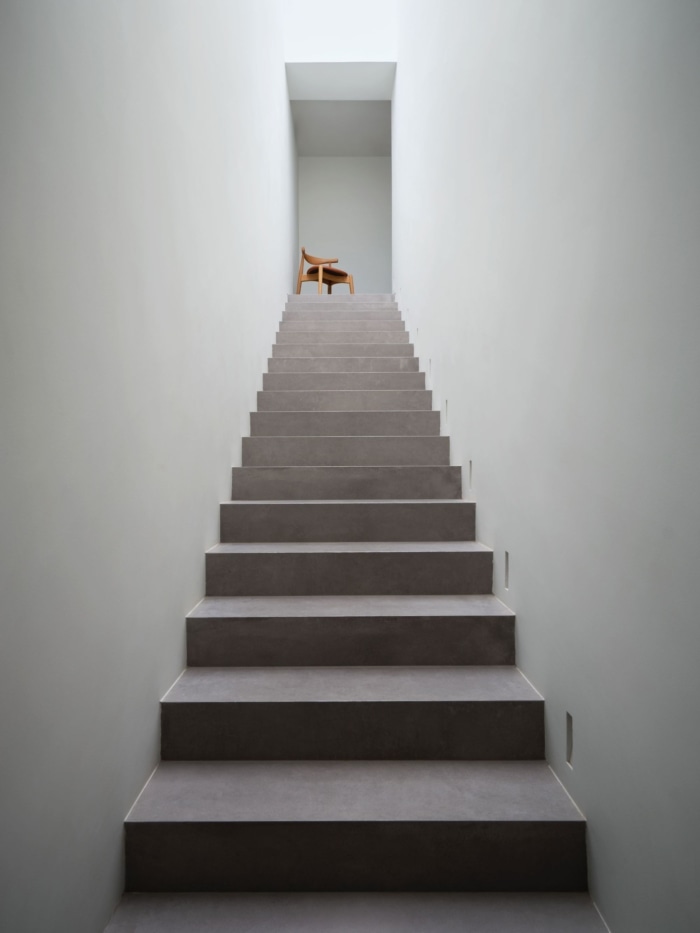




Now editing content for LinkedIn.